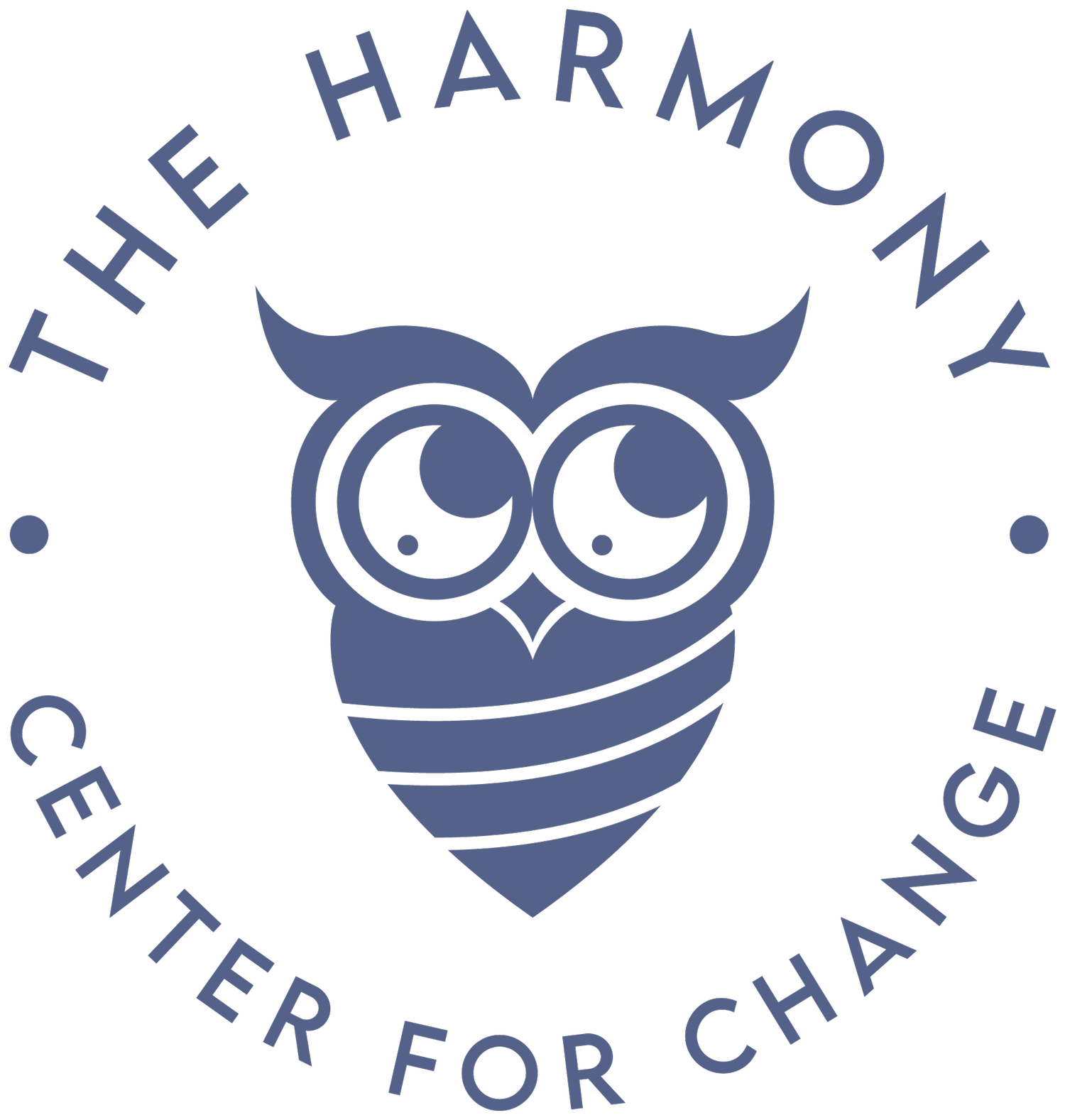Comprehensive DBT
for Adults
Making Progress Toward Lasting Change
Dialectical behavior therapy (DBT) is quickly becoming one of the most often utilized types of therapy to support clients who are experiencing a range of concerns. It may be used in individual or group therapy settings, and some therapists are also finding ways to incorporate DBT into relationship and family therapy sessions.
What is Comprehensive DBT?
Comprehensive DBT is an evidence-based therapy practice that incorporates all aspects of the DBT approach to therapy to create a thorough therapy plan. Comprehensive DBT includes at least four steps: individual therapy, skills training (typically in a group setting), phone coaching, and therapist consultations.
The 4 Stages of DBT Therapy
1
-
Most people will begin with the behavioral stabilization stage. Other stages of DBT can happen simultaneously or may not be necessary for every client, but behavioral stabilization is typically an essential part of the DBT process. As the name implies, this first stage of treatment is all about identifying, managing, and changing the problematic behaviors that brought you to DBT. During this phase of DBT, you’ll address problem behaviors, self-harming behaviors, and behaviors that interfere with your ability to effectively receive therapy interventions. Additionally, you’ll learn the basic skills within the DBT modules (mindfulness, distress tolerance, emotion regulation, and interpersonal effectiveness).
2
-
Many of the people who choose to go through the DBT process are dealing with the effects of complex trauma, post-traumatic stress disorder (PTSD), or overwhelming, dysfunctional emotional experiencing. The second stage of treatment is about healing from trauma and learning to accept, manage, and process emotional and trauma responses in healthy ways. This may include working through the DBT-Prolonged Exposure (DBT-PE) protocol.
3
-
In the third stage of DBT, clients are challenged to apply the skill they’re learning during therapy sessions in their real lives. Now that behaviors and emotions are being regulated in healthy ways, you can start using your new skills to set goals, build confidence, and generally, lead a healthier, more satisfying life.
4
-
This stage is the least developed or standardized of the four DBT stages. It is highly personalized to the individual’s needs, but the main goal is to find deeper meaning in your life through spiritual existence. This is not a religious component to the DBT process. Instead, this part of DBT is about finding and exploring your life purpose in order to develop a greater capacity to experience joy and fulfillment. This stage of DBT can be beneficial for almost any client, even if they don’t have specific behavioral or emotional concerns that bring them to DBT.
Adult DBT Services
-
During individual DBT therapy sessions, the therapist pays close attention to client behaviors looking for motivational concerns, including personal and environmental factors that inhibit effective behaviors (the things clients want to do more) and that elicit and reinforce maladaptive behaviors (the things clients want to do less). Then, the individual therapist is responsible for helping the client inhibit maladaptive behaviors and replace them with adaptive, skillful responses. Specifically, the therapist will utilize diary cards to help individuals track and report their behaviors between sessions. The goal is to begin recognizing the maladaptive behaviors and replacing them with one of the four modules developed through DBT. DBT modules are simply strategies you can use to navigate difficult situations. The four DBT modules are mindfulness, distress tolerance, emotion regulation, and interpersonal effectiveness.
-
In this group you will gain tools to manage intense emotions, improve communication and handle stress effectively, empowering you to navigate life’s challenges with confidence.
Integrate Christian values with therapeutic practices to foster spiritual growth, strengthen your relationship with God, and find meaning in your journey.
This is a weekly 60-minute group that feels more like a class. DBT has four modules that are explored in order to help individuals achieve their goals. By developing skills within each of these four modules, people often experience success in making positive changes. While it’s easy to consider each of these modules individually, they should actually all work together to help individuals make complex changes to the ways they approach the outside world and handle internal turmoil.
Mindfulness—is the core of DBT, and it teaches individuals how to increase awareness and live in the present moment without judgement.
Distress Tolerance—this module of DBT explores how to tolerate painful experiences and stressors outside of your control while avoiding panic attacks and not making a crisis more difficult or less safe.
Emotion Regulation—similar to distress tolerance but focused inward, emotional regulation is all about how to control overwhelming intense emotions, so individuals have command and peace in even the most difficult situations.
Interpersonal Effectiveness—the final module of DBT explores how to effectively communicate with others and set appropriate and healthy boundaries.
Group Schedule: In-Person Wednesday Group at 5pm.
If you are a Provider curious about what it's like to refer your individual client into our DBT Adult Skills Groups, please read the following:
Clients that are struggling with suicidal ideations or behaviors, self-harm, impulsive behaviors, emotion/cognitive dysregulation and interpersonal issues may be a good fit for Adult DBT Skills Group.
Clients may continue to see you for individual therapy while seeing us for DBT Skills Group. We will ask you to complete a provider agreement form prior to the client starting DBT Skills Group. This form will make both our roles clear moving forward. It also makes it clear what will happen if the client finds themself in a crisis situation.
Group leaders will be in contact with you if there are any concerns in their presentation or attendance. We have a four-miss rule!
We ask that clients have their individual sessions no less than twice per month.
-
Skills Training Groups is a weekly 90-minute group that feels more like a class. DBT has four modules that are explored in order to help individuals achieve their goals. By developing skills within each of these four modules, people often experience success in making positive changes. While it’s easy to consider each of these modules individually, they should actually all work together to help individuals make complex changes to the ways they approach the outside world and handle internal turmoil.
Mindfulness—is the core of DBT, and it teaches individuals how to increase awareness and live in the present moment without judgement.
Distress Tolerance—this module of DBT explores how to tolerate painful experiences and stressors outside of your control while avoiding panic attacks and not making a crisis more difficult or less safe.
Emotion Regulation—similar to distress tolerance but focused inward, emotional regulation is all about how to control overwhelming intense emotions, so individuals have command and peace in even the most difficult situations.
Interpersonal Effectiveness—the final module of DBT explores how to effectively communicate with others and set appropriate and healthy boundaries.
Adult DBT Skills Group Schedule: In-Person Wednesday Group at 7pm.
If you are a Provider curious about what it's like to refer your individual client into our DBT Adult Skills Groups, please read the following:
Clients that are struggling with suicidal ideations or behaviors, self-harm, impulsive behaviors, emotion/cognitive dysregulation and interpersonal issues may be a good fit for Adult DBT Skills Group.
Clients may continue to see you for individual therapy while seeing us for Adult DBT Skills Group. We will ask you to complete a provider agreement form prior to the client starting DBT Skills Group. This form will make both our roles clear moving forward. It also makes it clear what will happen if the client finds themself in a crisis situation.
Group leaders will be in contact with you if there are any concerns in their presentation or attendance. We have a four-miss rule!
We ask that clients have their individual sessions no less than twice per month.
-
When it comes to making real change, many receive effective support through individual and/or group therapy sessions, and they’re easily able to apply these knew skills and strategies to daily life. For others, it takes time, and maybe some help understanding how to apply learned strategies and skills to your life outside the therapy practice. Comprehensive dialectical behavior therapy (DBT) incorporates a full range of therapy solutions, including phone coaching to help clients generalize new skills and strategies to be applicable to daily life.
The skills you discuss and ideas you explore in individual and group therapy sessions seem simple during your session. Then, you have to go back to your life, and it’s not always clear how to apply what you’ve learned during DBT sessions. Phone coaching is ideal when a crisis situation arises, you feel urges to self-harm, you engage in impulsive behaviors, or you’re in conflict with other people. Your therapist can help you work through the situation safely and effectively, applying your new knowledge as you move through your daily routines. On the phone, your therapist will discuss the situation, provide support, and help you find the right solution. You should expect these calls to last for about ten minutes.
Don’t Wait to Get Started
Reach out today for a free 15-minute consultation.




